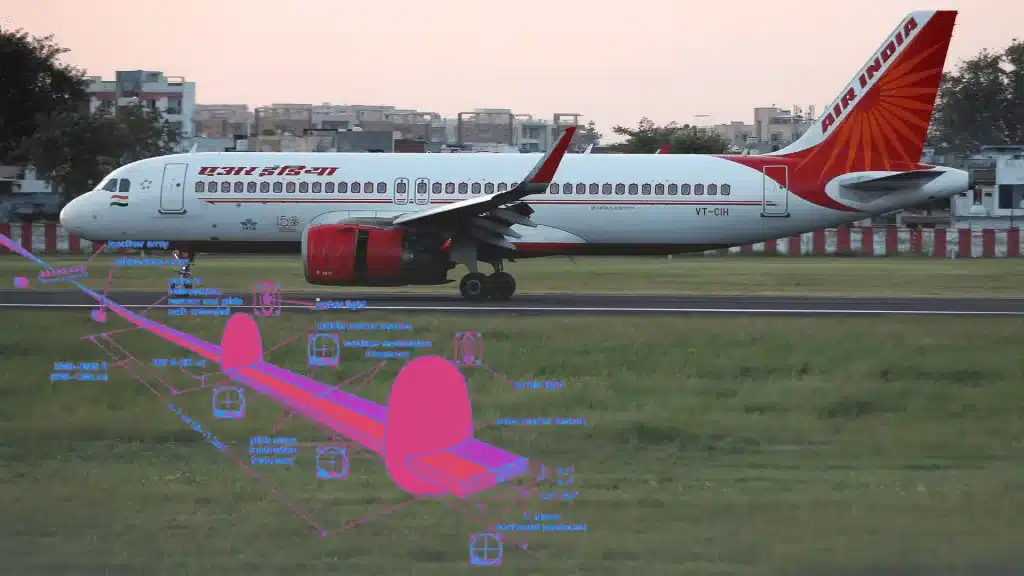About Instrument Landing System
- It is a ground-based radio navigation system that provides pilots with accurate information about their aircraft’s position and alignment with the runway.
- It comprises two main components, the localiser, and the glide slope,
- The localizer ensures lateral alignment, guiding the aircraft along the correct azimuth toward the runway centerline.
- Simultaneously, the glide slope provides vertical guidance, aiding pilots in maintaining the proper descent angle for a safe landing.
- It guides pilots along both horizontal and vertical axes, aiding them in maintaining the correct approach path during low-visibility conditions.
- With the help of ILS systems, pilots are able to understand how their aircraft is positioned with respect to an airport runway without needing to physically see it.
- This system warns pilots in case their jets are not flying to meet the runway’s centreline.
- It will also warn pilots in case their jets are too low or too high and thus, at the risk of undershooting or overshooting the runway.
- Both of these tasks performed by the Instrument Landing System are crucial in ensuring landing in cases where the pilots aren’t able to see the runway clearly.
- In addition to ILS, modern aircraft are equipped with advanced avionics and autopilot systems that enhance precision during foggy landings.
- These systems, often coupled with radar altimeters, help maintain a stable descent and ensure the aircraft follows the designated glide path with minimal reliance on external visibility.
- It is a standard International Civil Aviation Organisation (ICAO) precision landing aid that is used to provide accurate azimuth (angular measurement in a spherical coordinate system) and descent guidance signals for guidance to flight for landing on the runway under adverse weather conditions.
Q1) What are Radio navigation systems?
It consists of networks of transmitters that allow the user to locate his position in relation to the network, and hence themselves. It uses radio frequencies to determine a position of an object on the Earth.
Last updated on February, 2026
→ UPSC Notification 2026 is now out on the official website at upsconline.nic.in.
→ UPSC IFoS Notification 2026 is now out on the official website at upsconline.nic.in.
→ UPSC Calendar 2026 has been released.
→ UPSC Final Result 2025 is expected to be released in the second week of April 2026.
→ Check out the latest UPSC Syllabus 2026 here.
→ Join Vajiram & Ravi’s Interview Guidance Programme for expert help to crack your final UPSC stage.
→ UPSC Mains Result 2025 is now out.
→ UPSC Prelims 2026 will be conducted on 24th May, 2026 & UPSC Mains 2026 will be conducted on 21st August 2026.
→ The UPSC Selection Process is of 3 stages-Prelims, Mains and Interview.
→ Prepare effectively with Vajiram & Ravi’s UPSC Prelims Test Series 2026 featuring full-length mock tests, detailed solutions, and performance analysis.
→ Enroll in Vajiram & Ravi’s UPSC Mains Test Series 2026 for structured answer writing practice, expert evaluation, and exam-oriented feedback.
→ Join Vajiram & Ravi’s Best UPSC Mentorship Program for personalized guidance, strategy planning, and one-to-one support from experienced mentors.
→ Check UPSC Marksheet 2024 Here.
→ UPSC Toppers List 2024 is released now. Shakti Dubey is UPSC AIR 1 2024 Topper.
→ Also check Best UPSC Coaching in India




















